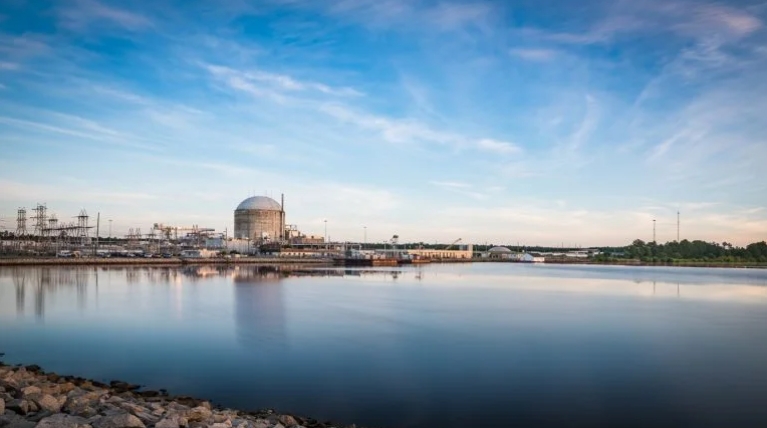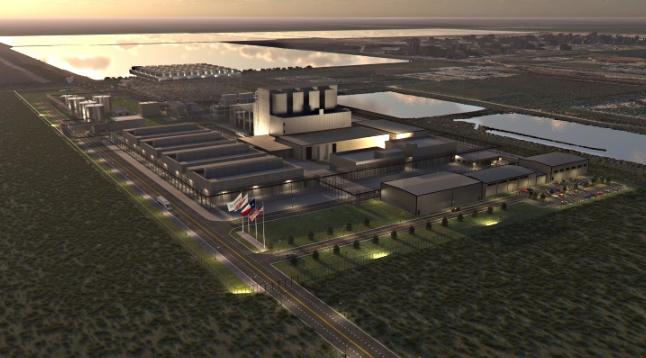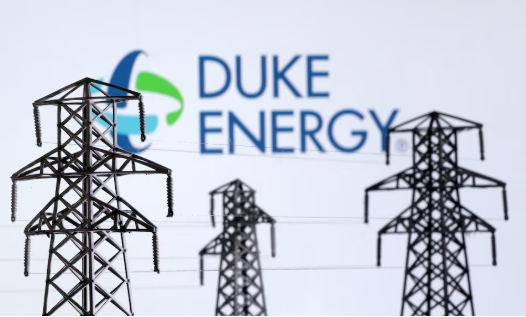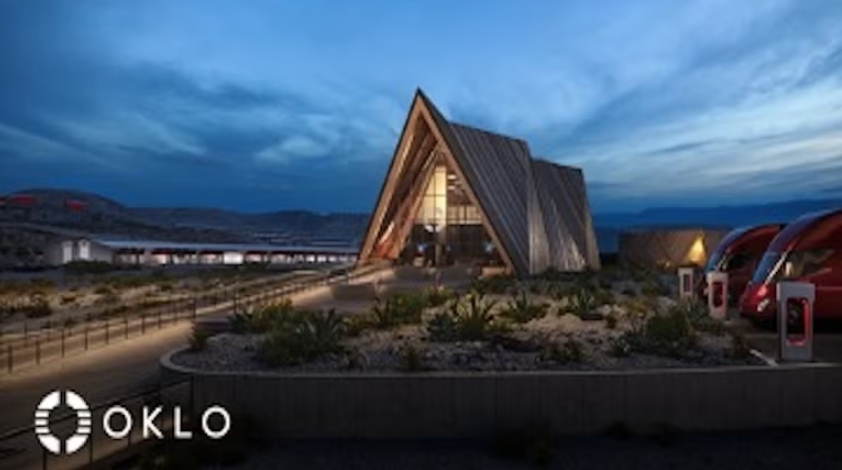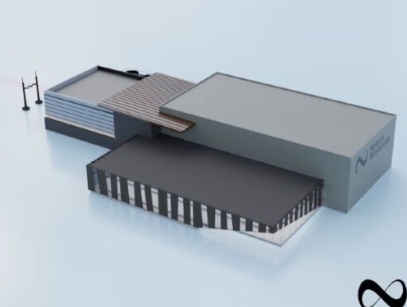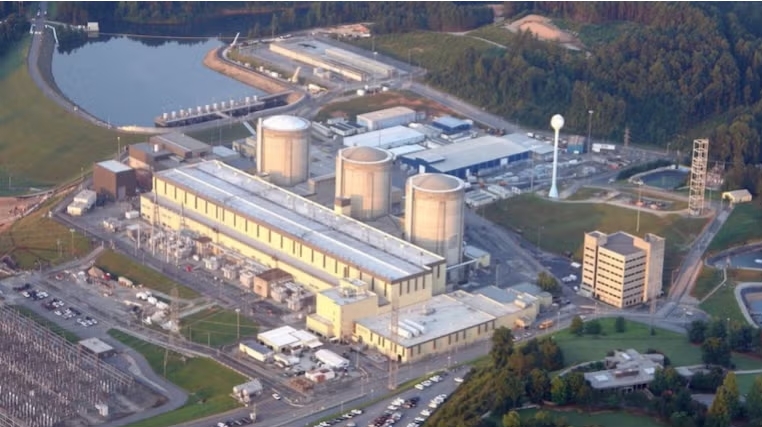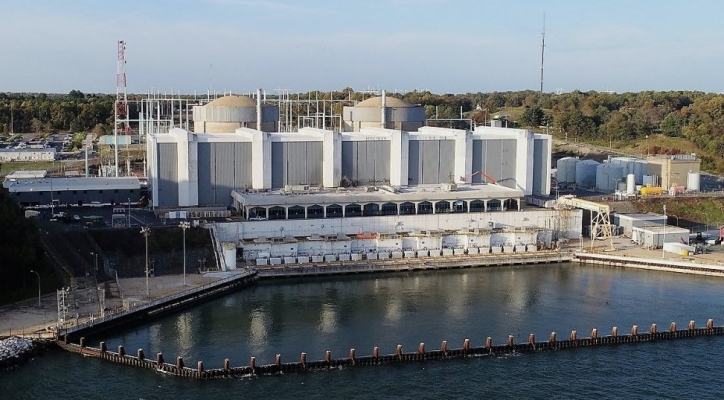
Mozambique, a country located in Southeast Africa, has been making headlines in recent years due to its vast natural gas reserves. However, the nation’s energy market is not solely dependent on fossil fuels. With a growing population and increasing demand for electricity, Mozambique is also exploring the potential of renewable energy sources to diversify its energy mix and ensure a sustainable future.
The country’s renewable energy potential is immense, with solar, wind, hydro, and biomass resources all available in abundance. According to the World Bank, Mozambique has an estimated 23,000 MW of hydropower potential, 2,700 MW of wind power potential, and a solar irradiation of 2,100 kWh/m2/year, which is one of the highest in the region. Additionally, the country’s vast agricultural sector provides ample opportunities for biomass energy production.
The government of Mozambique has recognized the importance of harnessing these renewable energy sources and has set ambitious targets for their development. The National Energy Strategy (2018-2043) aims to increase the share of renewable energy in the country’s energy mix to 50% by 2030 and 100% by 2043. To achieve these goals, the government has introduced various policies and incentives to promote investment in the renewable energy sector.
One such initiative is the Renewable Energy Feed-in Tariff (REFIT) program, which was launched in 2014. The program offers guaranteed, long-term power purchase agreements (PPAs) to renewable energy producers at a fixed tariff, providing a stable revenue stream for investors. The REFIT program covers small-scale renewable energy projects with a capacity of up to 10 MW, including solar, wind, hydro, and biomass.
In addition to the REFIT program, the government has also established the Mozambique Energy Fund (FUNAE) to provide financial support for renewable energy projects. FUNAE offers grants, loans, and guarantees to both public and private sector entities involved in the development of renewable energy projects. The fund prioritizes projects that contribute to rural electrification and energy access for low-income households.
These initiatives have already started to bear fruit, with several renewable energy projects currently underway in Mozambique. One notable example is the Mocuba Solar Power Plant, which commenced operations in 2019. The 40 MW facility is the country’s first large-scale solar power plant and is expected to generate enough electricity to power approximately 175,000 households.
Another promising project is the Metoro Wind Farm, which is currently under development in the Cabo Delgado province. The 120 MW wind farm is expected to be operational by 2023 and will be the country’s first utility-scale wind power project. The project is being developed by a consortium of international and local partners, including the Africa Finance Corporation, Climate Fund Managers, and the Electricity of Mozambique (EDM).
While these projects represent significant progress in Mozambique’s renewable energy sector, there is still much work to be done to fully realize the country’s potential. Challenges such as limited grid infrastructure, lack of technical expertise, and difficulties in securing financing for projects remain barriers to the widespread adoption of renewable energy in Mozambique.
However, with continued government support and increasing interest from international investors, the future of renewable energy in Mozambique looks promising. By harnessing its abundant natural resources and investing in sustainable energy solutions, Mozambique can not only meet its growing energy demands but also contribute to global efforts to combat climate change and promote a greener future.

